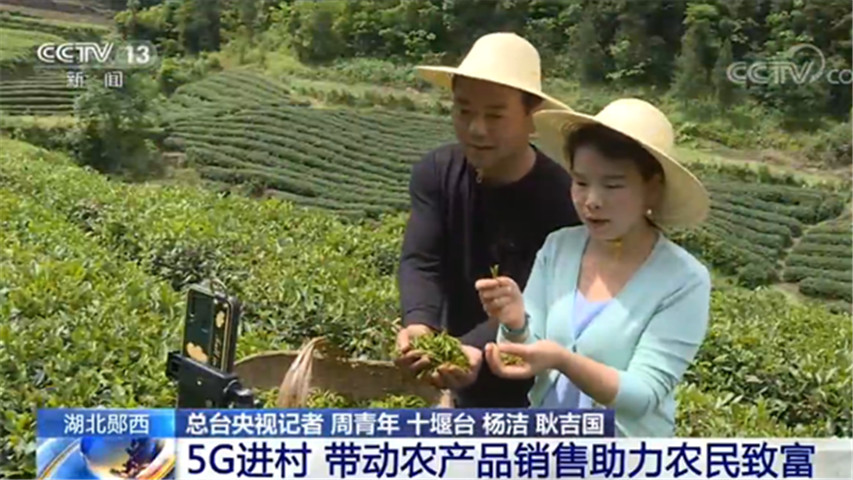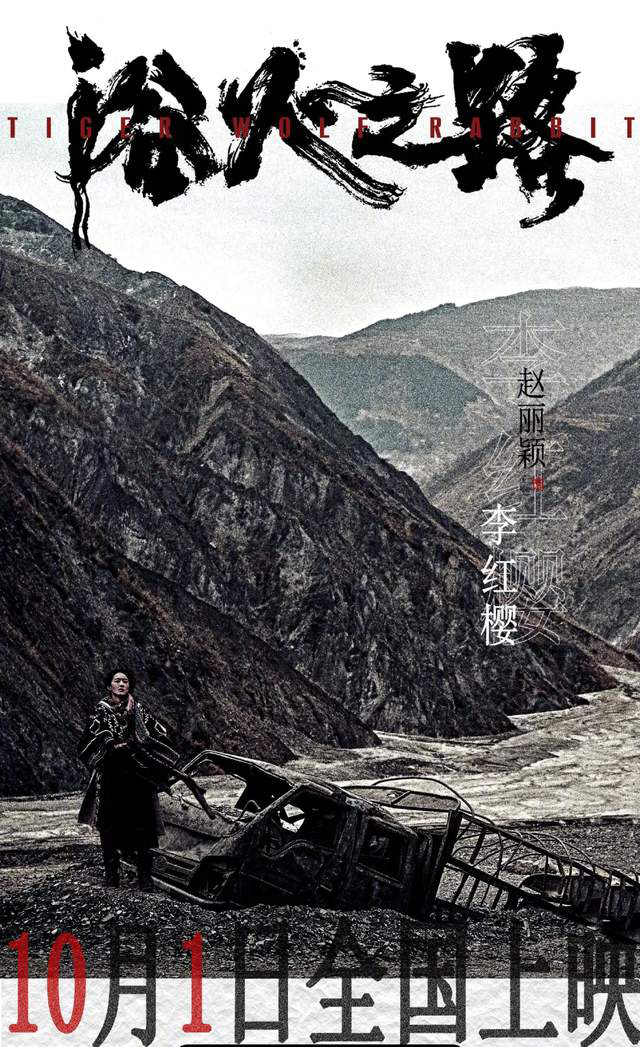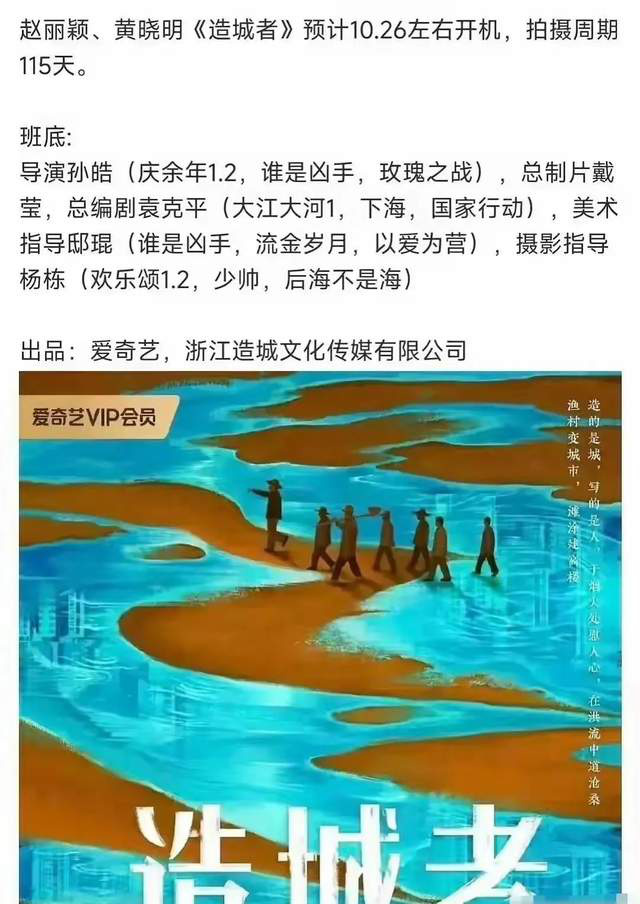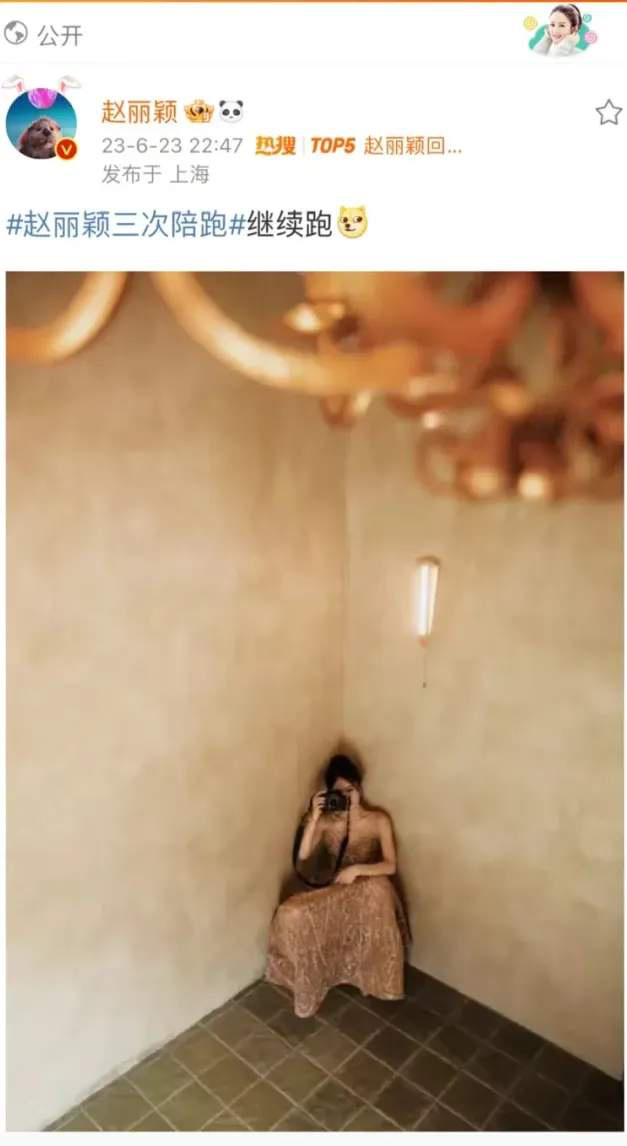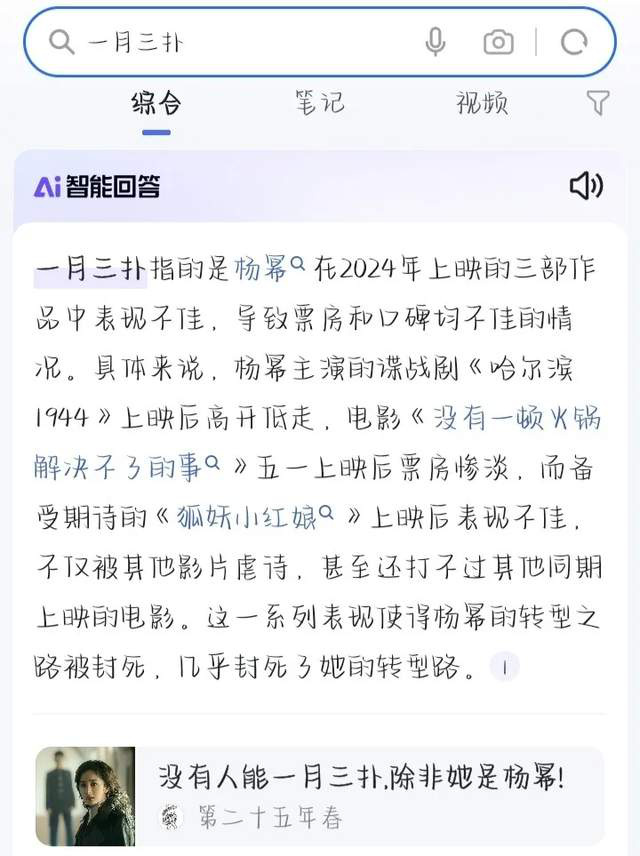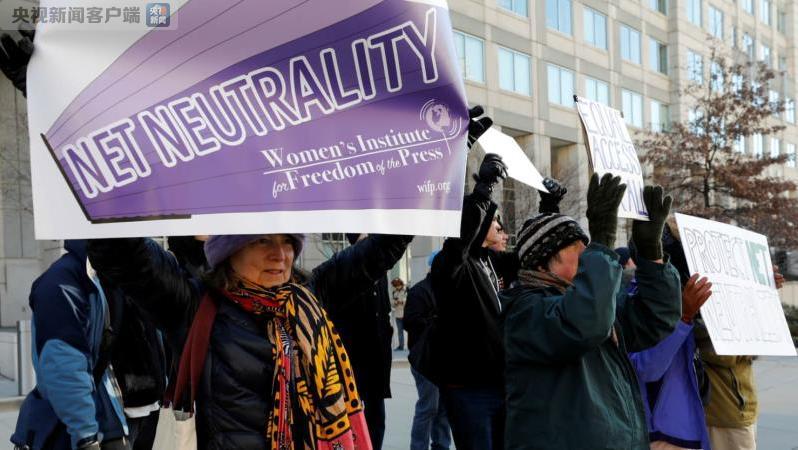
Scenery in Sai Van Lake, Macau by Xinhua News Agency.

Young people from all walks of life in Macau sang and waved their flags during the flag-raising activities to celebrate the 70th anniversary of the founding of New China. Bright picture

Photo of Fulong, the new eight scenic spots in Macao, with a bright new look
On December 20, 1999, Macao returned to the embrace of the motherland and the Macao Special Administrative Region was formally established. In a blink of an eye, the great concept of "one country, two systems" has been implemented in Macao for 20 years.
Over the past 20 years, Macao, which has developed together with the motherland, has developed from a small town with economic downturn and chaotic public security to an internationally renowned city with prosperity and stability.
"Over the past 20 years since the reunification, Macao has made great achievements, and the key to its success is that the SAR strictly abides by the Constitution and the Basic Law. ‘ One country, two systems ’ 、‘ Macao people govern Macao ’ A high degree of autonomy has been effectively implemented in Macao. " This is a general summary of the 20-year return of Macao by Chief Executive Chui Sai On.
The practice in Macao for 20 years has fully proved that "one country, two systems" is completely feasible, feasible and popular.
1. The success of Macao benefits from maintaining the authority of the Basic Law.
Question and answer games, cultural performances, creative handwriting … … On December 7th, the Macau Tower Stone Square was crowded with people, and a unique garden party was held here. All recreational activities revolved around a theme — — Macao basic law.
This is the annual "Let’s Learn about the Basic Law and Create a Better Tomorrow for Macao" garden party, sponsored by the Macao Basic Law Promotion Association. In Macao, there are many similar non-governmental organizations, and activities to publicize and promote the Basic Law are arranged from the beginning of the year to the end of the year.
From the constitutional point of view, the Basic Law is a programmatic legal document for the central government to clarify the status of the Macao Special Administrative Region. It refines and standardizes the great concept of "one country, two systems" and the state’s major policies towards Macao in the form of law, providing a solid legal guarantee for Macao’s smooth transition, smooth return and prosperity.
Over the past 20 years since the reunification, the Macao SAR has always insisted on respecting and safeguarding the absolute authority of the Basic Law, acting in strict accordance with the Basic Law, insisting on regulating administrative, legislative and judicial actions with the Basic Law, and handling major issues such as political development and improvement of people’s livelihood with the provisions of the Basic Law.
The return to the motherland has opened a new era in Macao’s history. For Macao residents, the Basic Law is not just a lofty constitutional document, but a code of conduct closely related to daily life. Labor Relations Law, Science and Technology Outline Law, Personal Data Protection Law, Prevention and Curb of Money Laundering Crime, Consumer Protection Law and Minimum Wage for Employees … … Since the establishment of the SAR on December 20, 1999, the Legislative Council of the SAR has reviewed and passed a total of 290 bills in accordance with the Basic Law, covering a wide range of issues such as economy, people’s livelihood, finance and labor, benefiting the lives of every Macao resident.
"Practice has fully proved that the Basic Law is a solid legal guarantee for Macao’s economic development, improvement of people’s livelihood and social stability, and it is also a guarantee for safeguarding national sovereignty, security and development interests and maintaining Macao’s long-term prosperity and stability ‘ Dinghai Shenzhen ’ 。” Fu Ziying, director of the Liaison Office of the Central People’s Government in Macao, said.
Understanding and implementing the principle of "one country, two systems" comprehensively and accurately, and consciously regulating administrative, legislative and judicial actions with the Basic Law is a basic experience since the establishment of the Macao Special Administrative Region 20 years ago, and it is also a historical mission of people from all walks of life in Macao who have a glorious tradition of patriotism and love for Macao.
The profound patriotic feelings and extensive active participation of Macao compatriots are important social conditions and solid public opinion foundation for the effective implementation of the Macao Basic Law.
Before the reunification, the Macao Basic Law Association was formed by the members of the Basic Law Drafting Committee in Australia and the Basic Law Advisory Committee to carry out various basic law publicity activities, including constitutional publicity and education. After the reunification, the SAR Government made great efforts to promote the Basic Law, with the active participation of all sectors of society, and established Basic Law Promotion Association, Basic Law Research Institute, Basic Law Memorial Hall, symposiums, training courses, knowledge contests, etc., so that the Basic Law "flew into the homes of ordinary people".
The successful practice of the Macao Basic Law fully proves that only by forming a broad national identity in the whole society can the Basic Law be fully and accurately implemented.
2. The success of Macao benefits from adhering to the principle of "one country".
In the past 20 years, the great dramas in Macao have been climaxed and achieved great success because they have always adhered to "one country, two systems". "One country, two systems" is a complete concept, and the relationship between "one country" and "two systems" must be accurately grasped. "One country" is the root, and deep roots can flourish; "One country" is the foundation, and only when it is solid can it flourish.
The motherland is the strongest backing for Macao’s development. Since Macao’s return to China 20 years ago, the central government has always adhered to the policy of "one country, two systems", "Macao people ruling Macao" and a high degree of autonomy, and has not interfered in the affairs within the autonomy of the SAR government. We have always resolutely supported the Macao SAR Government to strictly follow the Basic Law, and resolutely supported Macao to concentrate on developing the economy and improving people’s livelihood.
Adhering to the principle of "one country", Macao has gained a steady stream of forward momentum:
— — In 2003, the Mainland and Macao signed a Closer Economic Partnership Arrangement (CEPA), and after the SARS epidemic, they opened a "personal tour" to Macao to help Macao’s economy get out of the trough and enter the fast lane.
— — In 2005, with the full support of the state, the "Historic District of Macao", which includes 8 squares and 22 buildings, was included in the World Cultural Heritage List.
— — In 2009, the State Council approved the implementation of the Master Development Plan of Hengqin, and proposed to build Hengqin into a demonstration area for exploring new modes of cooperation between Guangdong, Hong Kong and Macao under "one country, two systems". Hengqin began to play the role of the hinterland of Macao. In the same year, the University of Macau was approved to build in Hengqin, which was officially opened in 2014. In 2019, Lotus Port was approved to move to Hengqin.
— — In 2013, the "Belt and Road Initiative" proposed to promote Macao to play the role of an important node city of the Maritime Silk Road.
— — In 2015, the central government clearly defined the sea area of 85 square kilometers of the Macao Special Administrative Region to help Macao expand its new development space.
— — In 2018, the Hong Kong-Zhuhai-Macao Bridge was completed and opened to traffic. Macao, Zhuhai and Hong Kong were connected by land, and the transportation capacity of people and logistics was greatly improved.
— — In February 2019, the Outline of Guangdong-Hong Kong-Macao Greater Bay Area Development Plan was issued, which introduced a number of policies and measures that directly benefited Macao’s economy and people’s livelihood, integrated into the overall situation of national development, and helped to build a world-class urban agglomeration in Guangdong, Hong Kong and Macao. Macao was regarded as one of the four central cities in Greater Bay Area, making the small town stand at the forefront of Greater Bay Area’s development.
— — In November 2019, the Guangdong-Hong Kong-Macao Greater Bay Area Construction Leading Group meeting studied and introduced 15 policies and measures to benefit Macao, including further facilitating the integration of Macao residents into employment, schooling and residence in Greater Bay Area, strengthening the flow of people, logistics and funds in the region, and supporting the development of professional sectors in Greater Bay Area.
The development of Macao cannot be separated from the continuous support of the motherland. According to statistics, more than 90% of fresh water, about 60% of electricity, 80% of grain and almost all live poultry and vegetables that maintain the normal operation of Macao are continuously supplied by mainland provinces and cities all the year round. Moreover, with the strong support of the motherland, Macao overcame the SARS epidemic, the financial crisis, the salt tide, and the typhoon "Tiange" … …
Facts have proved that "one country, two systems" is Macao’s greatest advantage.
The success of Macao benefits from making good use of the "two systems".
Over the past 20 years since the reunification, Macao has adhered to the strategic orientation of "what the country needs and what Macao is good at" and made full use of the benefits of "two systems". Based on moderate economic diversification, Macao has made great efforts to build a world tourism and leisure center, a service platform for business cooperation between China and Portuguese-speaking countries, and an exchange and cooperation base with Chinese culture as the mainstream and multicultural coexistence, which has contributed irreplaceable "Macao power" to the realization of the goal of "two hundred years".
In order to make "Macao Power" have sustained vitality and greater influence, the central government has been vigorously supporting and helping Macao to expand its international "circle of friends". After the reunification, Macao still maintains its status as an independent customs territory and a free port. Macao’s membership in international organizations has increased from more than 50 to more than 100, and its participation in international conventions has increased from more than 150 to more than 600. The international agreements signed in the name of "Macao, China" are distributed in the fields of economy, trade, finance, judicial assistance and civil aviation. Macao has limited natural resources, and this special international status has inestimable all-round benefits for its social and economic development.
Over the past 20 years, Macao has given full play to the institutional superiority of "one country’s benefit and two systems’ convenience", transformed the institutional superiority into actual governance efficiency, and demonstrated the successful practice of "one country, two systems" with Macao characteristics to the world.
Macao has prospered and made great achievements. Macao’s gross domestic product (GDP) increased from 51.9 billion patacas at the beginning of the reunification to 444.7 billion patacas in 2018; The fiscal reserves and foreign exchange reserves of the SAR Government increased by 193 times and 6.2 times respectively compared with the beginning of the reunification. Macao residents are fully employed, and the SAR is fully committed to promoting the construction of people’s livelihood. Macao residents have gained a real sense of happiness and gain.
Macao has not only realized the return of jurisprudence, but also realized the return of people’s hearts. Macao society has reached such a consensus that "one country, two systems" is the greatest advantage of Macao, and the fine tradition of patriotism and love for Macao, which has always been rooted in the blood of Macao residents, has also condensed and sublimated into the core value of the whole Macao society, and has been passed down from generation to generation.
In Chinese traditional culture, a man’s twenty years old is called the year of weak crown, and he must be crowned to show his manhood. Today, as the Macao SAR celebrates its 20th birthday, it is facing an important historical node of prosperity and development. Socialism with Chinese characteristics has entered a new era, and a new journey awaits the young SAR to continue sailing.
As an unprecedented pioneering undertaking, the road ahead of "one country, two systems" cannot be smooth, and there will always be risks and challenges of one kind or another. However, the 20-year practice in Macao fully shows that Macao has accumulated enough experience, strong confidence, cohesive strength and sufficient means to ensure the stable and far-reaching cause of "one country, two systems".
The Haojiang River surges and changes brilliantly. Facing the future, as a family with a common destiny, Macao compatriots will share the heavy responsibility of rejuvenation and great glory with the people of the whole country, and jointly write a colorful chapter of the Chinese dream to realize the goal of "two hundred years" and the great rejuvenation of the Chinese nation.
(Reporter Luo Xu)
